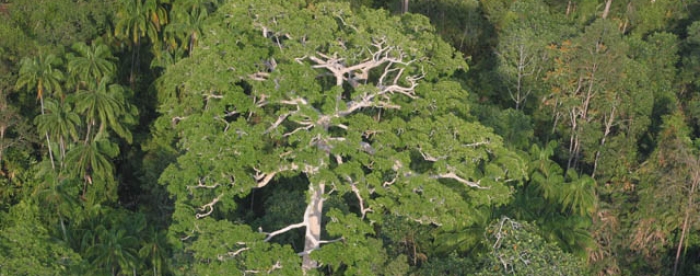News
Our stories ... ...

Indonesia - 04 March, 2013
In the last three years, more than 200 professionals have completed High Conservation Value (HCV) Assessment Trainings conducted by Tropenbos International (TBI) Indonesia and its partners. The number of participants has surged significantly and the latest training in Yogyakarta in November 2012 attracted over 60 participants from all over the country.
Among them are staff from leading companies in the oil palm industry such as Astra Agro Lestari, BW Plantation, Sungai Rangit (Sampoerna Group), SMART Tbk., and Swakarsa Group. The participants have learned how to manage production areas that also consider the conservation of plants and animals, and take into account the rights of local people.
Oil palm plantations are expanding rapidly in Indonesia and hit 8.2 million hectares in 2012, an increase from 7.8 million hectares in 2011. This expansion drives deforestation and causes habitat loss for rare animals, such as the orangutan. It also affects the lives of local people who depend on these forests.
The need to understand what high conservation values(HCVs) exists in future plantation areas and to learn how to manage production areas in a way that respects local people’s rights and conserves important wild life are the reasons for organizing these trainings. Over the last five years, many production areas in Indonesia have started contributing to conservation. “At this moment, approximately 600,000 ha of production area in Indonesia are managed as high conservation value area,” said Petrus Gunarso, Programme Director of TBI Indonesia.
TBI Indonesia started the twice yearly training program for assessing and management of HCV areas in 2010, in collaboration with the consortium for High Conservation Value Forests (HCVF) Indonesia, World Wide Fund for Nature (WWF), The Nature Conservancy (TNC), and Stiper Agriculture Institute (Instiper) Yogyakarta. The next training will take place on 8-11 April 2013. The training welcomes participants from companies working on forest concessions or oil palm plantations, and from consultancy firms, certification institutions, and universities. This time the training will put a special emphasis on social impact assessment and management.